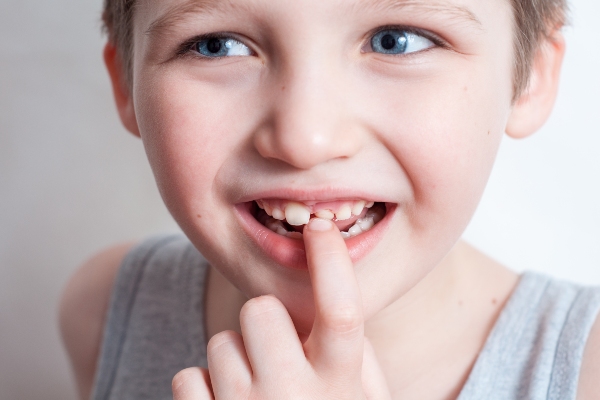 For many years, denture wearers struggled along in their daily lives. Unfortunately, early designs offered a poor fit and were incredibly uncomfortable. Even when using a top-of-the-line adhesive, these often slipped or completely fell out of a person’s mouth.
For many years, denture wearers struggled along in their daily lives. Unfortunately, early designs offered a poor fit and were incredibly uncomfortable. Even when using a top-of-the-line adhesive, these often slipped or completely fell out of a person’s mouth.
Today, things are completely different and for the better.
Smart designs for dentures
The dentures that people wear today are nothing like those from years ago. For one thing, dental laboratories use a higher quality material that improves overall fit and comfort. For another thing, dentists now offer a variety of types. A dentist can even customize dentures specific to an individual’s mouth and smile.
When someone visits a dental clinic to talk about getting dentures, a dentist provides them with a ton of information. Even before ordering the dentures, the dentist goes over all the pros and cons. As part of the consultation, a dental professional also provides the patient with tips on how to get the most out of wearing dentures. By the time a person gets fitted, they know the right and wrong things to do.
Brushing dentures
Just like natural teeth, an individual must take proper care of dentures. That means brushing them at least twice a day, preferably, three times to prevent a buildup of plaque. Although plaque on dentures does not pose any risk for developing tooth decay, it can still cause problems with the gums and lead to bad breath. When brushing, a denture wearer should also gently brush the gums to remove any food particles, bacteria, and plaque.
Learning to speak
After first getting dentures, most people struggle to speak clearly. Initially, words come out with a slight lisp. Although discouraging for some, denture wearers simply need to practice to relearn how to speak as before. Fortunately, this does not take long to master.
Avoiding slippage
Slipping dentures is probably one of the most embarrassing things a person can experience. This can happen in the middle of a meal, during a cough, or even when laughing. The key to keeping them firmly in place is to use a strong and long-lasting adhesive. In some cases, an individual would qualify for snap-in dentures, which stay in place with metal pieces. However, if someone has an issue with slippage, they can bite down on the dentures and swallow. Usually, that corrects the problem.
Practice eating
Even eating is different with dentures compared to natural teeth. Just as with speaking, this takes a little bit of time to get used to. For a few weeks, a new denture wearer might consider practicing at home with different foods. That way, when it is time to go out to eat with family, friends, or a significant other, there is no risk of embarrassment.
Contact your dentist with any concerns
If you have any issues with your dentures, you want to contact your dentist right away. A quick examination would reveal anything out of the ordinary. Sometimes, dentures need tweaking to correct the fit. Other times, although rare, a portion of the dentures can develop a crack. Regardless, if your dentures stop feeling comfortable for any reason, do not hesitate to have them checked.
Recent Posts
Dentures are a common solution for those who have undergone tooth extraction or lost multiple teeth. They offer a way to restore function and aesthetics to the mouth after the loss of natural teeth. Whether due to injury, decay, or disease, tooth extraction can leave gaps that affect not only the appearance of an individual's…
Dentures can restore normalcy to the functions of chewing and eating, but for first-time wearers, there is a period spent adjusting to new dentures. By asking a dentist about this transitionary period, it is possible to minimize the discomfort and awkward mishaps that often accompany getting used to a new dental appliance. In addition, dealing…
Removable artificial teeth are called dentures. They replace permanent teeth lost or extracted due to damage or extensive decay. False teeth are a traditional dental restoration method that has been around for centuries and is still effective today. However, there are things you need to know about them before you start wearing them.Your dentist can…


